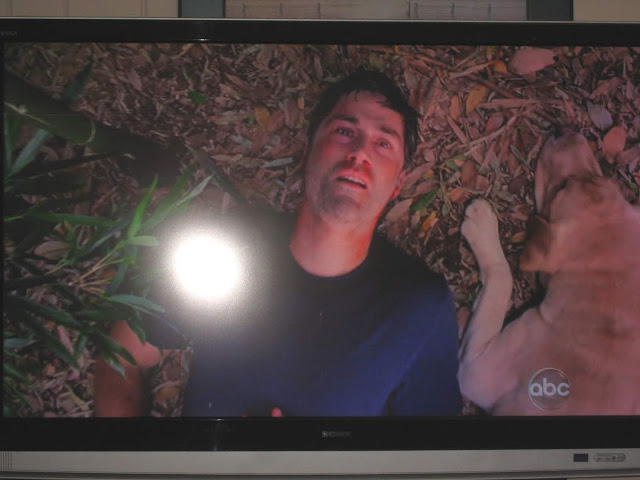| Generated by Google Gemini Pro text-to-video AI software, powered by Veo 3 |
This dome is scary, even though you know that you’re technically safe. I won’t
go into specifics, but it’s heaven for fans of the horror genre. While Zombie
Dome has its niche, due to its broad appeal, Bloodbourne takes care of
everything else in the genre. Ghosts, goblins, evil demons, and other
monsters. If you’ve read about it in a book, or saw it in a movie or show,
it’s here...somewhere. Lurking. Waiting to pounce. Some are trying to kill
you, some are trying to scare you, and some have more bizarre motives. Bear in
mind that the safeguards are extremely strong here. If you go in there with a
regular human body, nothing is going to hurt you. I even think they’ll lower
the scare level so they won’t even give you a heart attack, though I don’t
know how they ensure that when everyone’s personal constitution is different.
If you’re wearing a sufficiently mechanical or strong substrate, you’re fair
game. The monsters can kill you, and they will. They follow
whatever rules they’ve been programmed to follow, based on their nature in the
source material. If you see a guy in a mask holding a knife, you better run,
or try to fight. That’s another important note. Even though you may be in a
mechanical body, it’s not superhumanly strong. You will not be able to bat the
hostile force around like a cat with a ball of yarn. You’re meant to be in a
simulation of what the horror would be like if these characters were real, and
that goes for the victims just as much as the bad guys. Your body is capable
of bleeding, and it’s capable of dying. Of course, you’re consciousness will
survive, but getting back into the scenario is difficult. I think it should be
easier. They could treat it as a learning experience, where you get to try new
tactics, but I guess they think you should have to choose a different scenario
to keep going. That could change in the future. That’s why feedback like this
is so important. I hope they read them. Now here’s the question, can you play
one of the bad guys yourself? No, you can’t. I think that’s a shame, and they
should change that too. My mind can just as easily be uploaded into the body
of a psychopathic killer as a scream queen. I wonder if they just have an
issue with potentially targeting people who are already psychopaths,
and just haven’t had the pleasure of living out their wildest fantasies.
People have been debating these things for centuries, because virtual reality
affords us the same opportunity to be our sickest selves completely free from
punishment or other consequences. We still haven’t found an answer, though
some black market stuff can be really disturbing, so I think we kind of
have settled on some boundaries. There’s something very
different about doing it in base reality. Maybe that’s just taking a step too
far. I’m not sure. See? This is why the debate is still raging after all this
time. Draw your own conclusions. In the meantime, enter the scariest place on
Castlebourne...if you dare.











